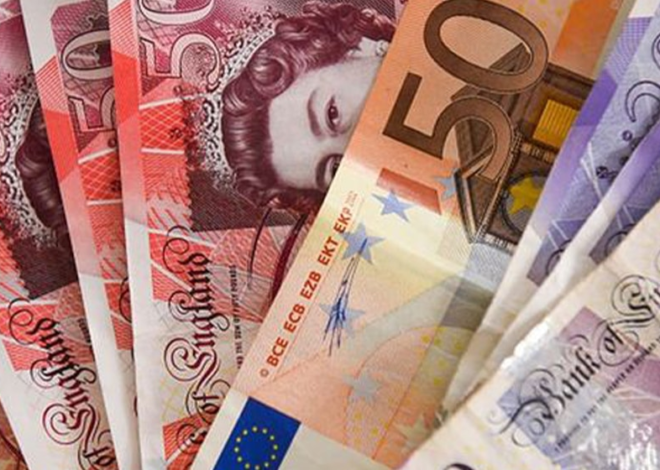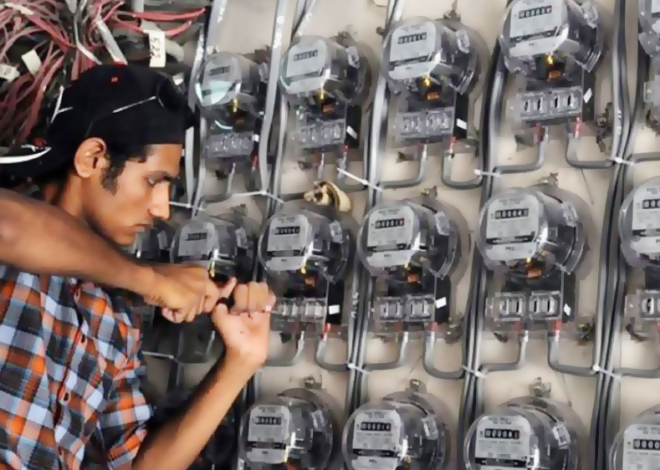
Authorities Ban ‘Baajas’ in Islamabad Ahead of Independence Day
As Pakistan’s Independence Day on August 14 approaches, preparations for nationwide celebrations are in full swing. Streets are adorned with green and white, and the air is buzzed with patriotic fervor. However, in an effort to maintain peace and prevent public nuisance, the authorities in Islamabad have imposed a strict ban on the sale and use of ‘baajas’, also known as vuvuzelas, in the federal capital.
The Role of ‘Baajas’ in Festivities
In Pakistan, Independence Day is celebrated with great enthusiasm. From waving flags to illuminating buildings, citizens express their love for the country through various activities. Among these, the blowing of ‘baajas’ has become a common way for people, especially youngsters, to display their excitement. The loud blaring horns are sold widely in roadside stalls during the days leading up to August 14.
While these horns symbolize exuberance for many, they often become a source of disturbance for the general public. The continuous and high-pitched sounds disrupt daily routines, disturb the elderly, and can be particularly distressing for hospital patients, infants, and those sensitive to noise.
Official Ban and Its Implementation
In light of these concerns, the deputy commissioner (DC) of Islamabad issued an official order prohibiting the sale and use of ‘baajas’ throughout the city. This initiative aims to strike a balance between celebrating Independence Day and ensuring a peaceful environment for all residents.
According to the DC’s directive, all assistant commissioners and magistrates are tasked with confiscating any baajas found at roadside stalls. Special instructions have been given to conduct daily operations to ensure compliance with the ban up to and including Independence Day.
Accountability and Legal Consequences
The deputy commissioner has also emphasized strict accountability for enforcement. Officers whose jurisdictions include stalls where baajas are being sold will be held responsible if the ban is violated. Moreover, anyone found selling or using these horns will face legal action as per the orders.
Such measures highlight the seriousness with which the administration views the matter. By holding officers and vendors accountable, the authorities aim to discourage the use and sale of noisemaking devices, reinforcing the importance of community well-being during times of national celebration.
Previous Precedents and Public Response
Bans on baajas are not new in Pakistan. Similar restrictions have been enforced in previous years, particularly in Islamabad and other major cities, to curb excessive noise during celebratory events such as Independence Day and New Year’s Eve. The public response has been mixed. While many residents appreciate the relief from constant noise pollution, some young revelers view the ban as a dampener on festive spirits.
Authorities, however, stress that the intention is not to restrict the celebration, but to ensure that festivities do not infringe on others’ rights to peace and tranquility. Balancing joyous expression with civic responsibility remains a recurring challenge for city administrations during national events.
Ongoing Enforcement Till Independence Day
The DC has directed that anti-baaja operations be conducted daily, with a focus on key commercial and public areas where vendors are likely to set up stalls. Law enforcement agencies are coordinating with the city administration to identify and take action against violators.
Residents are encouraged to celebrate the nation’s independence with respect for fellow citizens. By enforcing such bans, the authorities hope to foster a sense of collective responsibility and ensure a harmonious environment for all during the nation’s most significant holiday.







